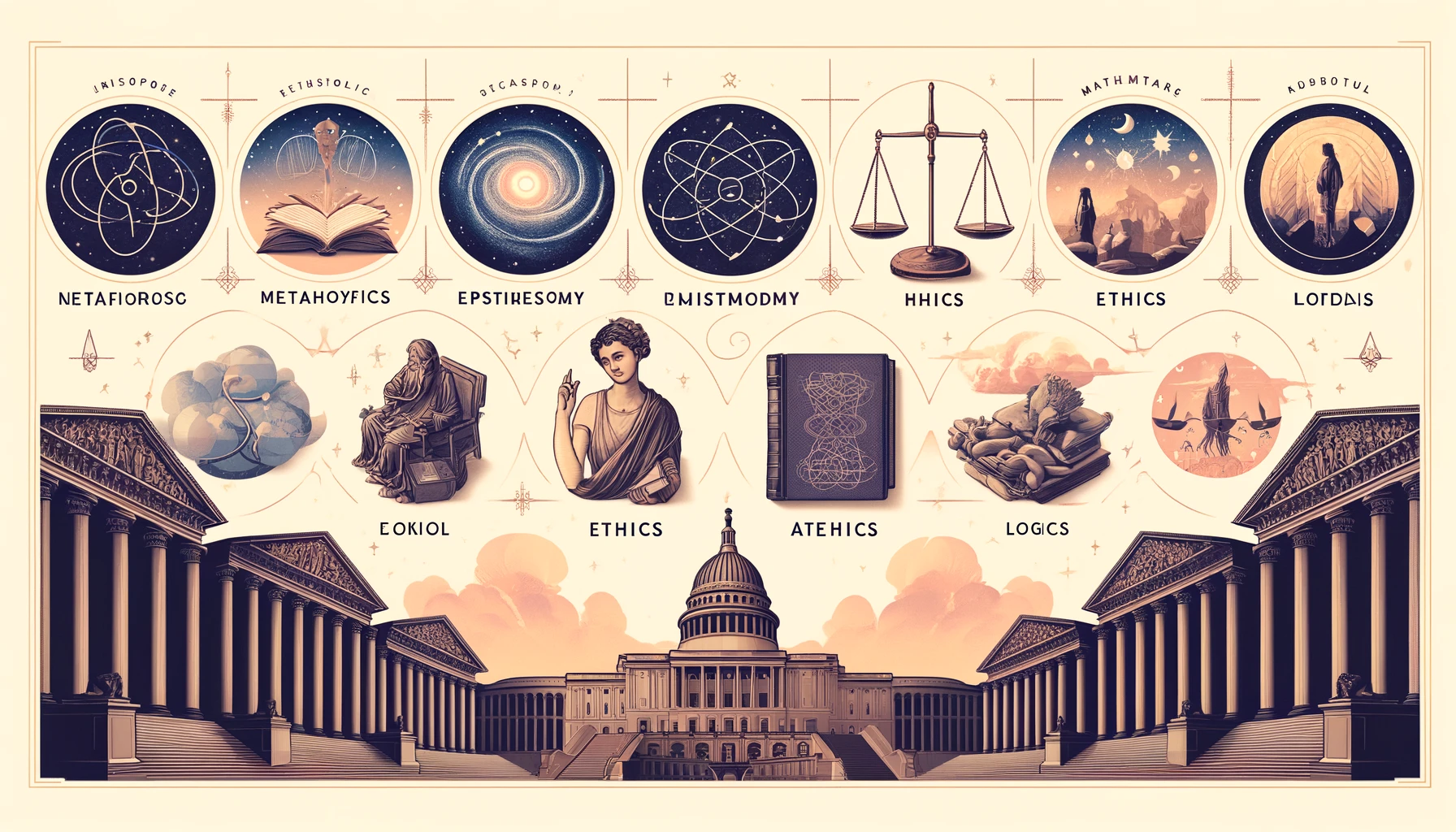Satirism: A Detailed Look at Satire and Its Function
Satirism, or the art of satire, is a form of literary, artistic or performative expression that uses humor, irony and exaggeration to criticize, ridicule or expose vices, follies and abuses in society. But what exactly is this form of expression and what is its importance? Let's explore the world of satire.
Definition of Satirism
Satirism is characterized by its humorous and often scathing tone, aiming to provoke reflection or even indignation in the public. Through satire, artists and writers have the opportunity to comment on political, social, cultural and human issues, using laughter as a tool of criticism.
Origins of Satire
Satire has ancient roots, with origins dating back to Greek and Roman civilizations. Poets such as Horace and Juvenal are often cited as masters of classical satire, using their writings to comment on the society of their time.
Characteristics of Satirism
- Humor and Irony: Satire is often characterized by its use of humor and irony, often presenting exaggerated or absurd situations to highlight society's vices and follies.
- Social Criticism: The main objective of satire is to criticize or ridicule aspects of society, whether political, cultural or social.
- Reflection: More than just causing laughter, satire seeks to provoke reflection, making the audience think about the issues presented and, possibly, reevaluate their own beliefs and behaviors.
Impact and Relevance of Satirism
Satire has the power to influence public thought and opinion. Throughout history, many satirists have faced persecution or censorship due to the provocative nature of their work. However, satire can also be a powerful tool for promoting social and political change.
Examples of Satirism in Modern Culture
In the modern era, satire can be found in many forms of media, from television shows and films to cartoons and literature. Shows like “Saturday Night Live” and “The Daily Show” are examples of how satire can be used to comment on current events and political issues.
Satirism is a powerful and impactful form of expression that has played a crucial role in society over the centuries. It offers a critical lens through which we can examine our world, using humor and irony as tools of reflection and critique. In an era of rapid social change and challenges, satire remains a vital voice, challenging us to think critically and laugh at ourselves.








